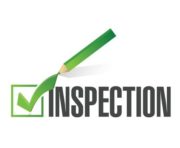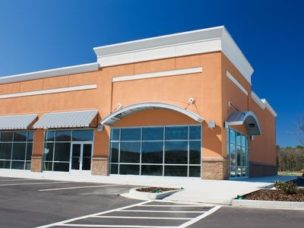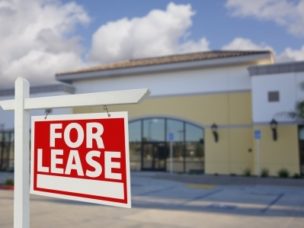Stay in the know
Subscribe to the Real Estate Blog and we’ll send you an email each time something new is posted.
Subscribe to the Real Estate Blog and we’ll send you an email each time something new is posted.
Blogs
Real Estate Blog
A Major Danger To Commercial Property Owners (And Their Lenders) — The Protective Safeguard Endorsement To Property Insurance Policies
Almost all property owners’ insurance policies contain various endorsements covering such matters as rent insurance, business interruption, service interruption, liquor liability, flood and earthquake, plate glass and terrorism insurance. But there is an endorsement called a protective safeguards endorsement which reduces the insurance premiums on the policy, but can cause the loss of all insurance coverage if the owner fails to abide by its terms and conditions.
This benign and upbeat sounding endorsement provides the insured owner with an insurance premium reduction if the owner has installed or is operating an automatic sprinkler system, a fire alarm system, a security system, a service contract providing private fire protection or any other items (such as an automatic commercial cooking exhaust and extinguishing system for restaurants) that can be specifically listed on the endorsement. However, there is significant danger looming in this endorsement because it provides that the insurer “will not pay for loss or damage caused by or resulting from fire, if prior to the fire, [the insured] … knew of any suspension or impairment in any protective safeguard listed in the Schedule … and failed to notify [the insurer] … or failed to maintain any protective safeguard … over which [the insured] had control, in complete working order.”
The upshot is that the owner can lose all insurance coverage if its policy contains this endorsement and the insurer can prove that the owner “knew of any suspension or impairment” or “failed to maintain any protective safeguard”.
So in what ways can an owner run afoul of this language? The answer, unfortunately, is in many ways without even realizing it. For example, if an owner allows a tenant to make minor interior alterations under its lease without landlord approval, the tenant may install a wall or relocate some portion of the sprinkler system so that the system does not operate properly thereafter. If a fire occurs, the owner may lose its insurance coverage.
Likewise, if a tenant or landlord, during a remodeling of space, shuts off a sprinkler system for a few days (without notifying the insurer) and a fire occurs, the owner again may lose its insurance coverage. As another example, if a tenant has a use clause that allows it to use its premises for any lawful purpose and the tenant changes its use of the premises, the existing sprinkler system may be compromised by alterations made to the premises to accommodate the new use by the tenant. If a fire then occurs, insurance coverage may be denied.
Given the examples set forth above, what can an owner do to protect itself? To begin with, the owner should determine if its policy includes a protective safeguard endorsement. If it does, the owner should decide whether the savings in premium costs are worth the risk inherent in the endorsement. If the savings are worth the endorsement, the owner should at least do the following:
- Do not turn off any protective systems for any period of time without notifying your insurance company and agreeing to whatever requirements it imposes during the shutoff;
- Be sure that your protective safeguards are fully maintained and operational at all times;
- Be certain that your lease form prohibits a tenant from undertaking any alterations without your approval, particularly if those alterations may affect any protective safeguard; and
- If you have allowed a tenant to carry property insurance on your property (as is often the case in net leases with a single-tenant building), be sure that the insurance policy does not contain a protective safeguard endorsement because the risk of losing insurance coverage should be unacceptable to you as an owner.
The lesson to be learned is whether you as a commercial property owner should allow a protective safeguards endorsement to be added to your property insurance. While it may save some premium costs, you must weigh that savings against the risk of losing all insurance coverage because of the perilous language lurking within the endorsement.



